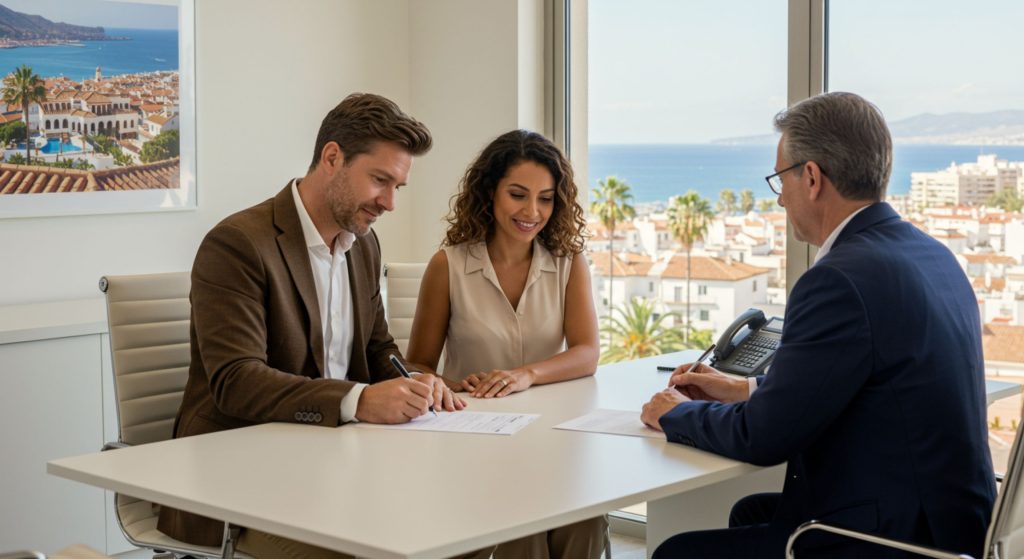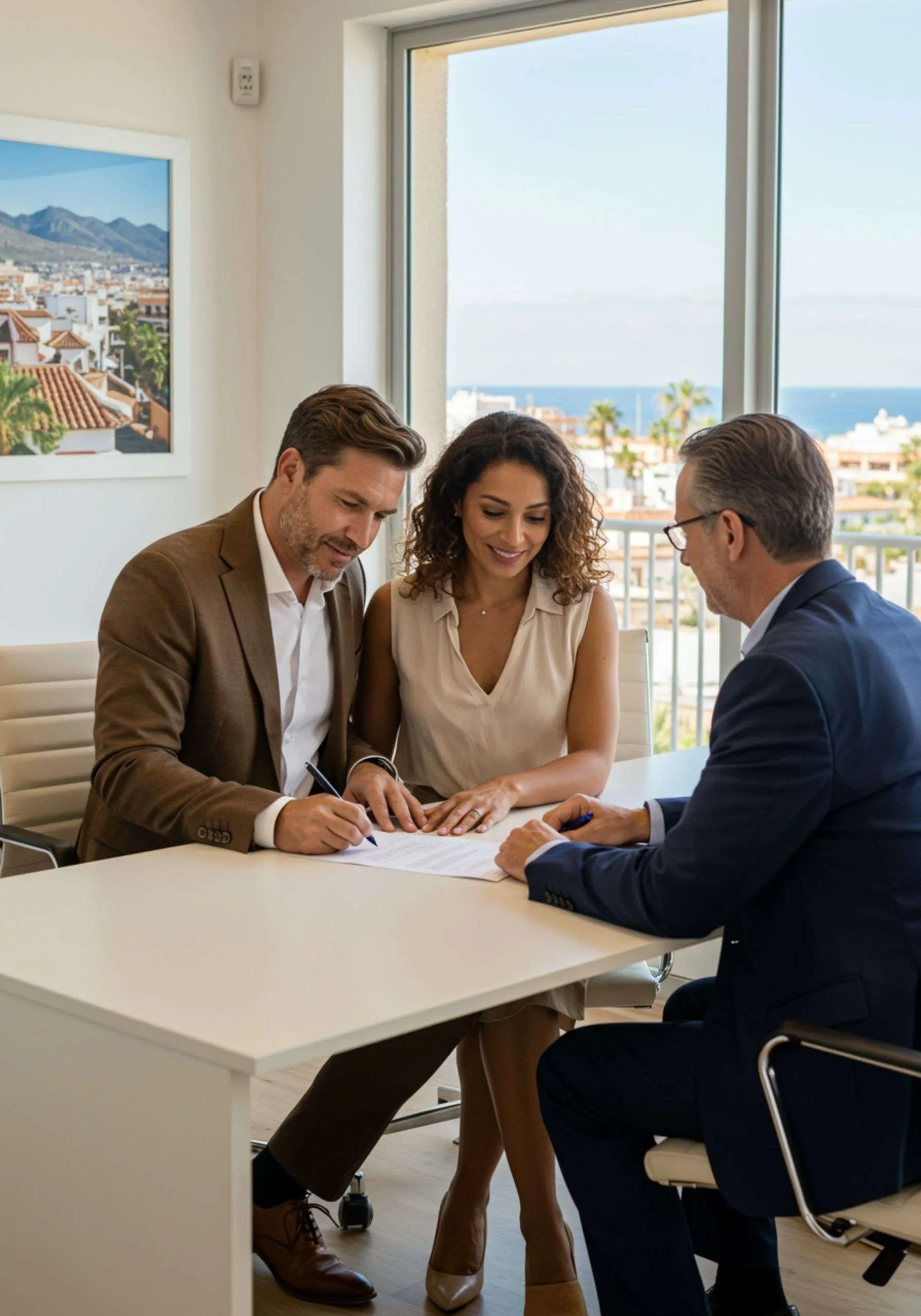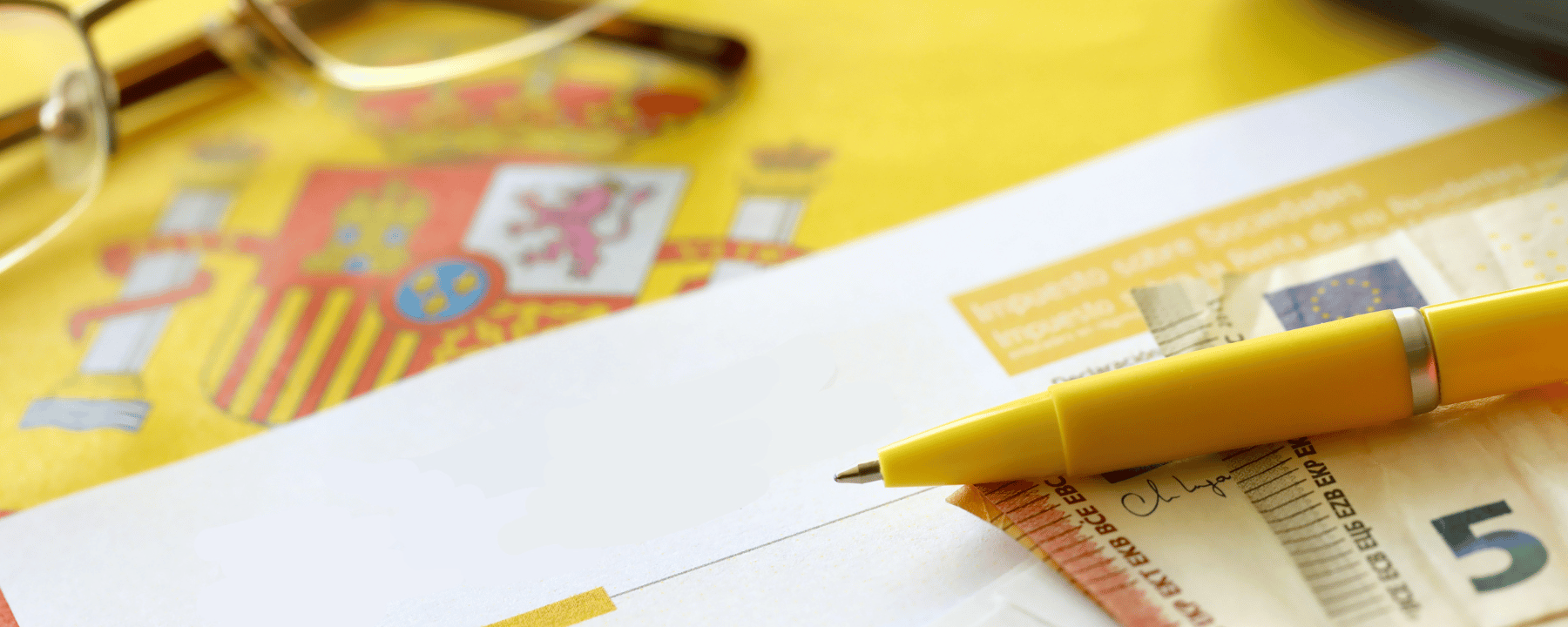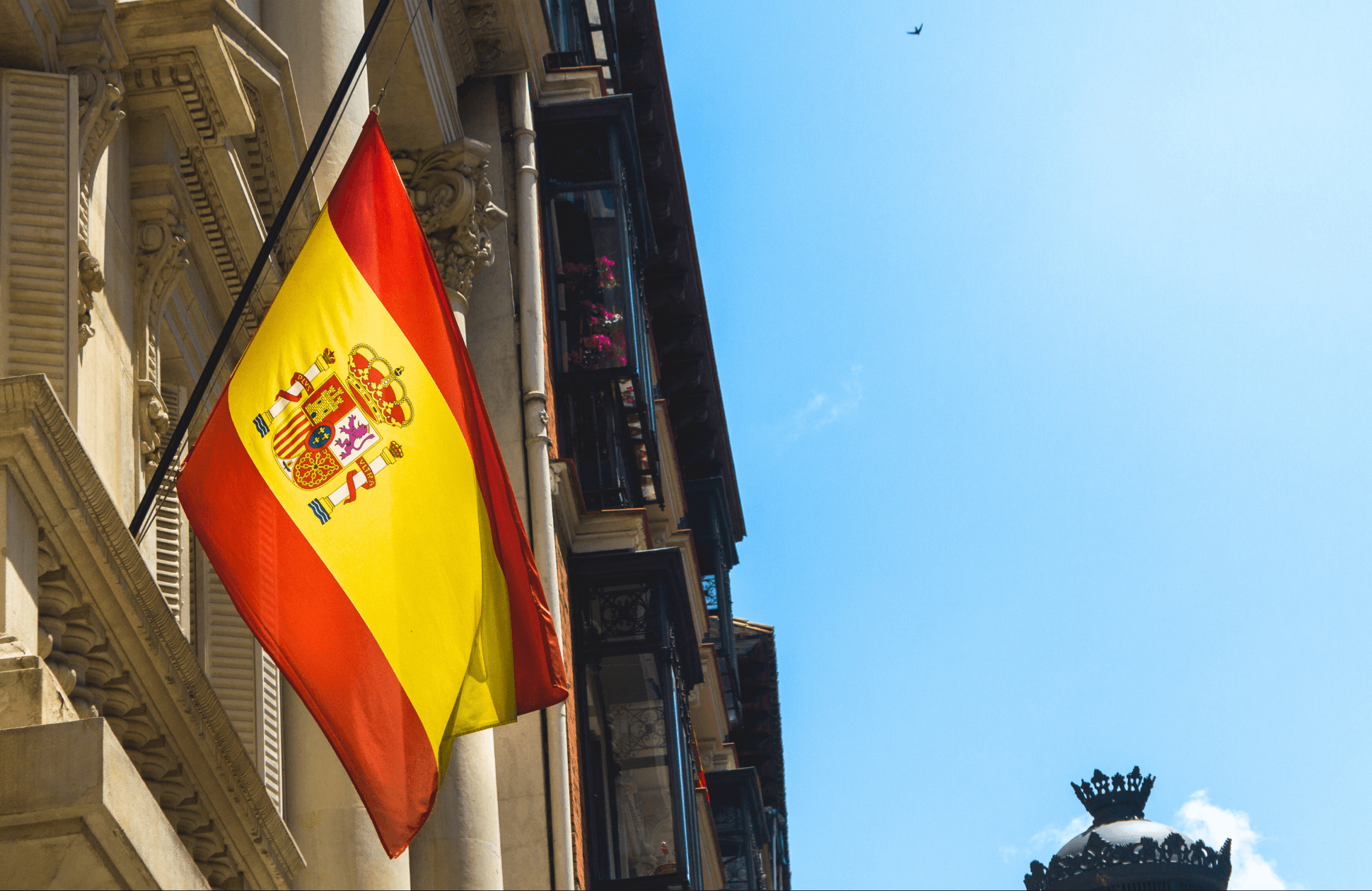Spanish Mortgages Made Simple for International Buyers
Our In-House Financing Partner


25 Years of International Mortgage Expertise
With over two decades of experience, we specialise in helping international buyers secure Spanish mortgages—navigating regional regulations, lender expectations, and cross-border complexities with ease.
Exclusive Access to Spain’s Leading Banks & International Private Banks
Benefit from WPF’s strong relationships with top Spanish banks and international private banks in Monaco, Switzerland & Luxembourg.
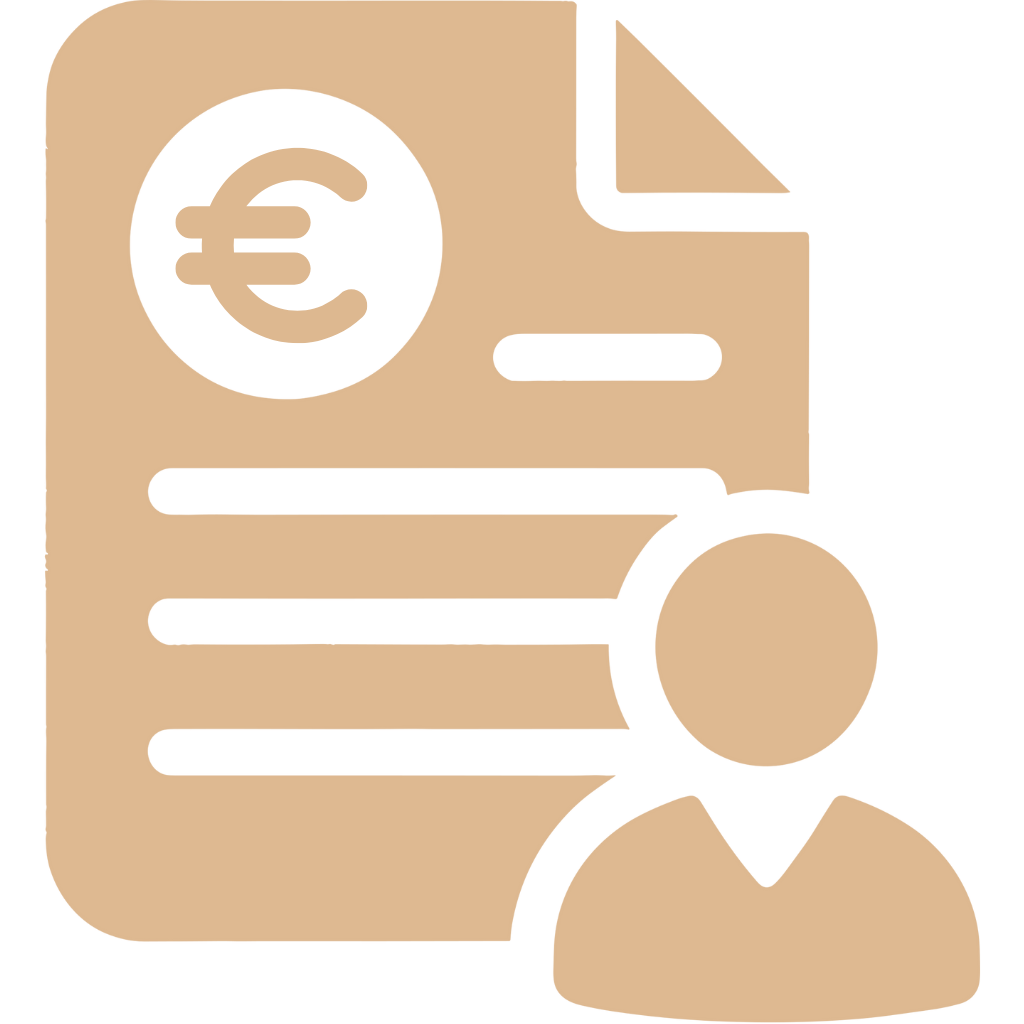
Expert Handling of Complex Financial Profiles
From understanding your unique financial background to personalised solutions for your situation.

English-Speaking Legal and Financial Support
A seamless experience that saves you time, money, and stress from start to finish and beyond your purchase.
TESTIMONIALS
What Our Clients Say
Hear from our satisfied customers who have experienced the quality and value of our all-in-one property services.
Spanish Mortgage Interest Rates & Calculator
Explore flexible capital repayment mortgages with interest rates tailored to non-residents. Use our user-friendly mortgage calculator to estimate your monthly payments and total purchase costs. Our table below shows examples of different types of rates for a mortgage amount of €500,000.
Max LTV (Term)
Starting Rates From*
Monthly Payments**
70% (20 years)
4.50% (Fixed 1 yr, then variable)
€3,164
70% (30 years)
4.49% (Fixed 1 yr, then variable)
€2,991
70% (30 years)
4.09% (Fixed 5 yrs, then variable)
€2,413
70% (30 years)
4.09% (Fixed 7 yrs, then variable)
€2,413
70% (30 years)
4.20% / 3.89% (Fixed 10 yrs, then variable)
€2,567 / €2,473
*Starting rate refers to the fixed-rate portion of the term. Interest Rates from May 2025. ** Based on €500,000 mortgage amount
Key Features of Spanish Mortgages
Understanding the core elements of the Spanish mortgage system can help international buyers plan more confidently and make informed decisions:
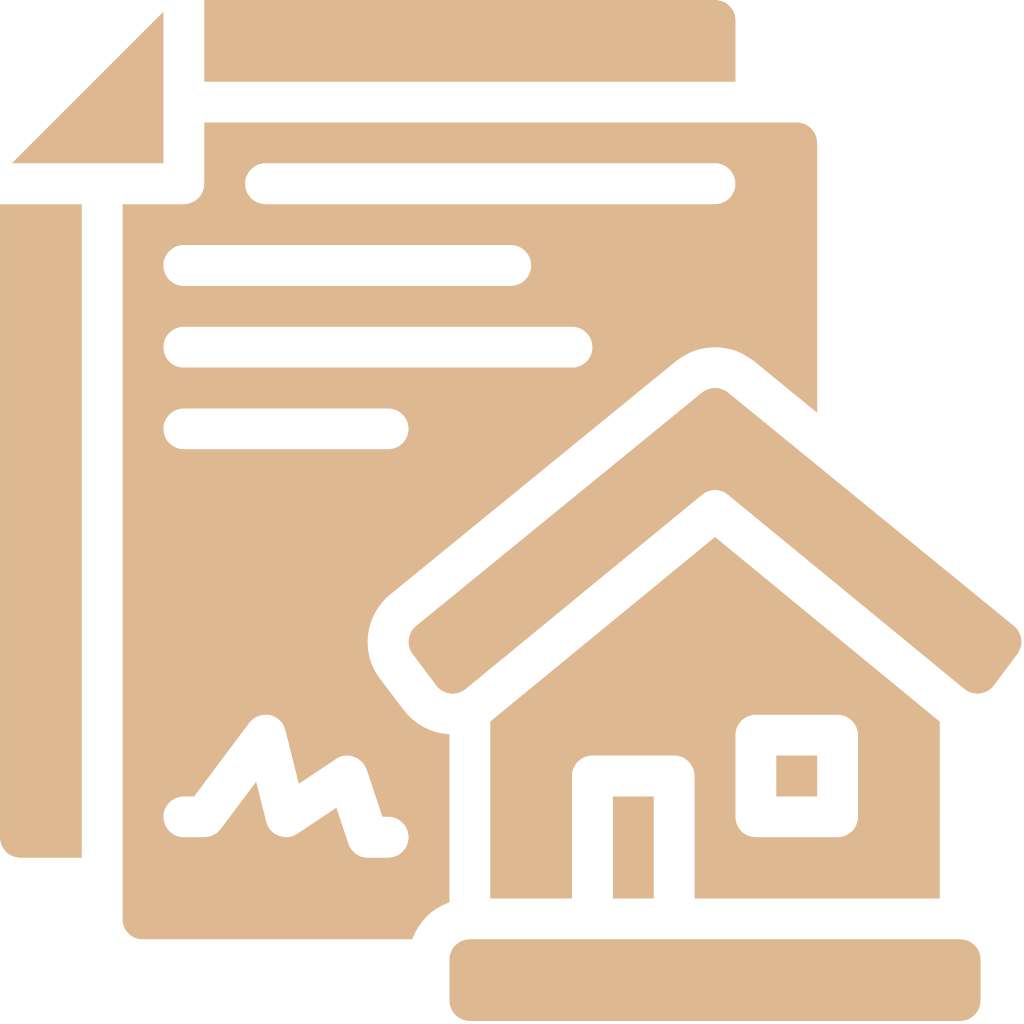
Structure
Choose between capital repayment or interest-only mortgages, depending on your financial goals and lender eligibility.
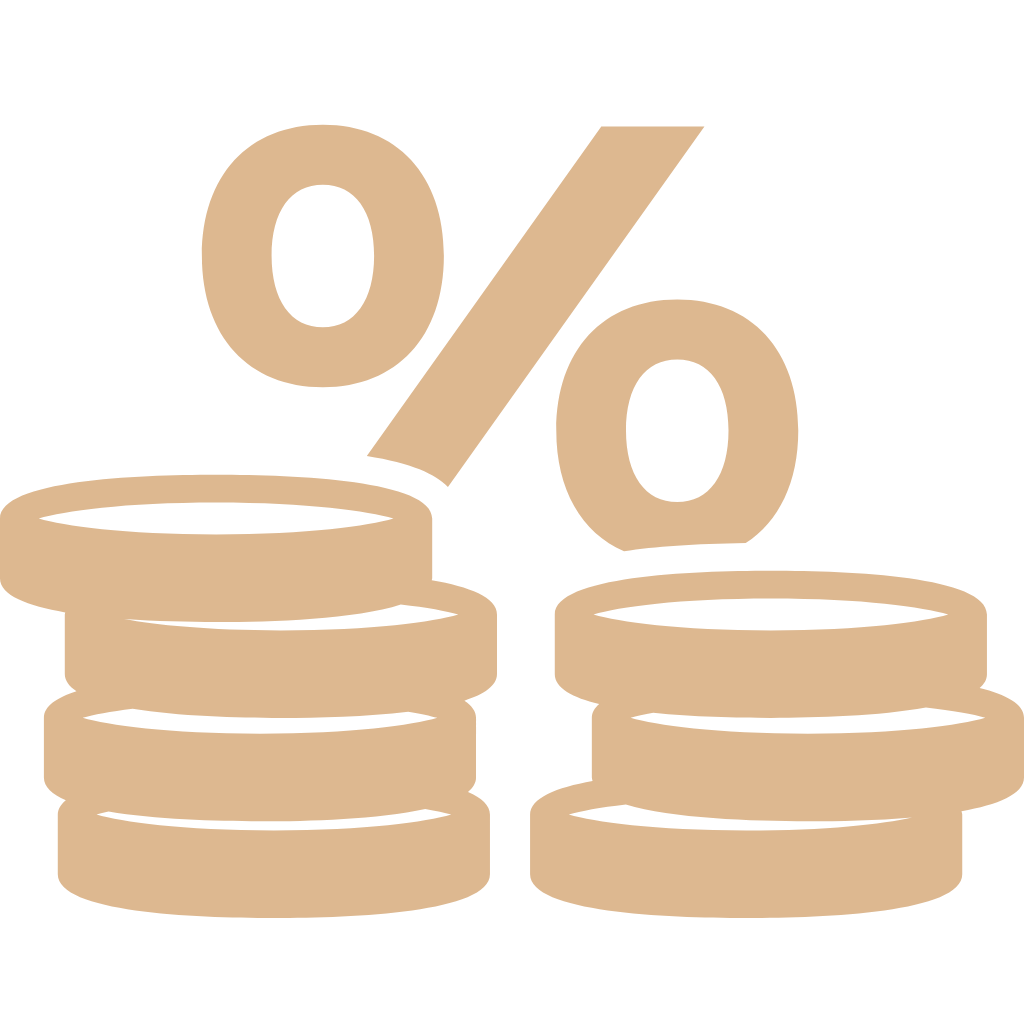
Rates
Both fixed and variable rates are available. Fixed rates offer stability and are typically preferred by non-resident buyers.
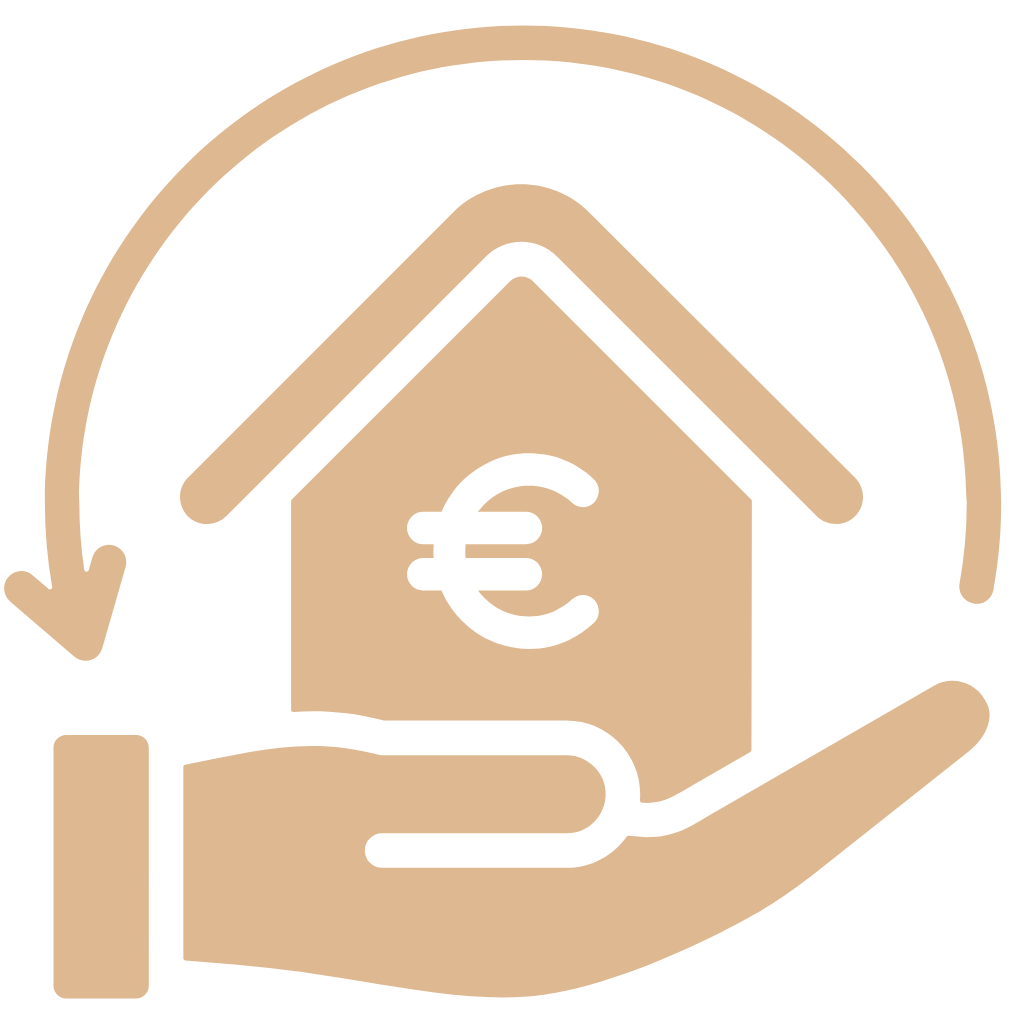
Loan-to-Value (LTV)
Most banks offer up to 70% LTV for non-residents, and up to 80% for Spanish tax residents, depending on your profile.
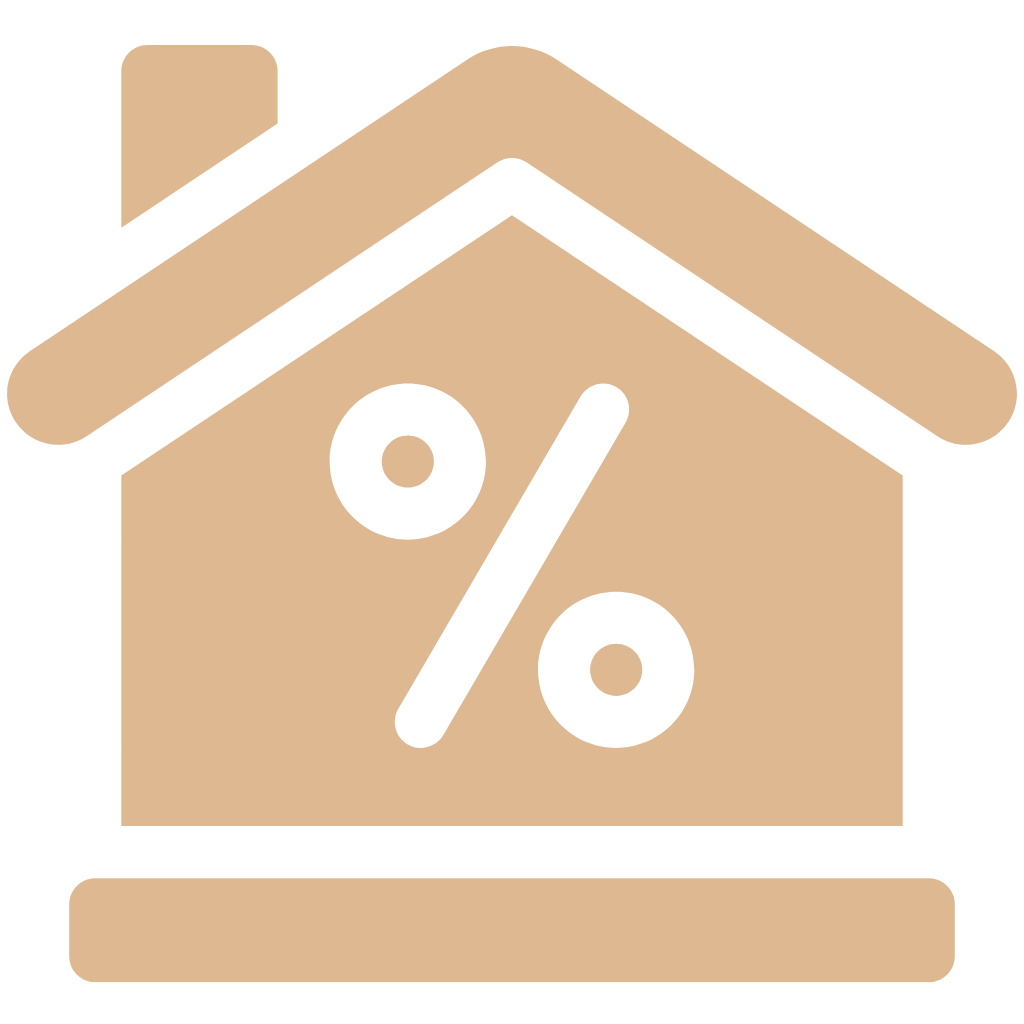
Deposit
Expect to contribute at least 30–40% of the property value as a down payment if you’re buying as a non-resident.
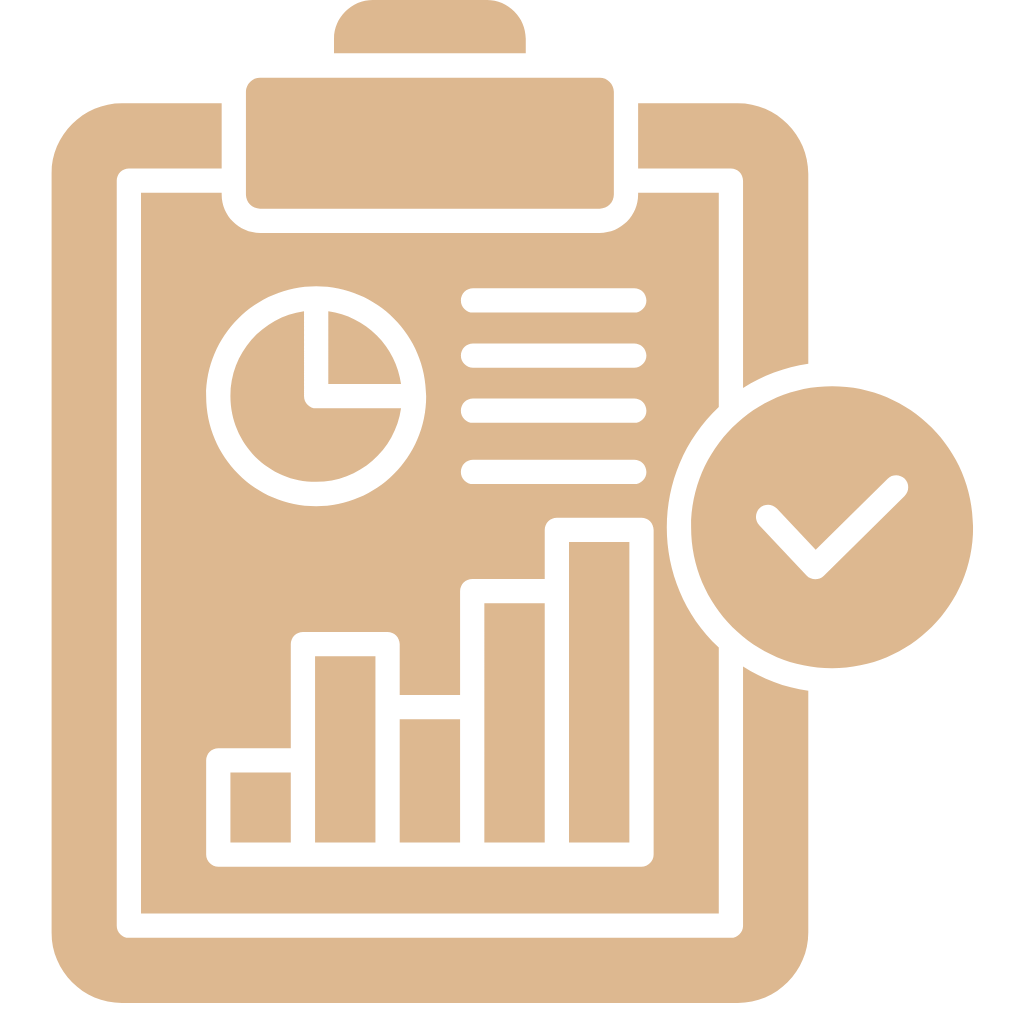
Eligibility
Lenders assess affordability based on income, financial stability, and existing debt. The typical debt-to-income ratio should stay below 35–40%.
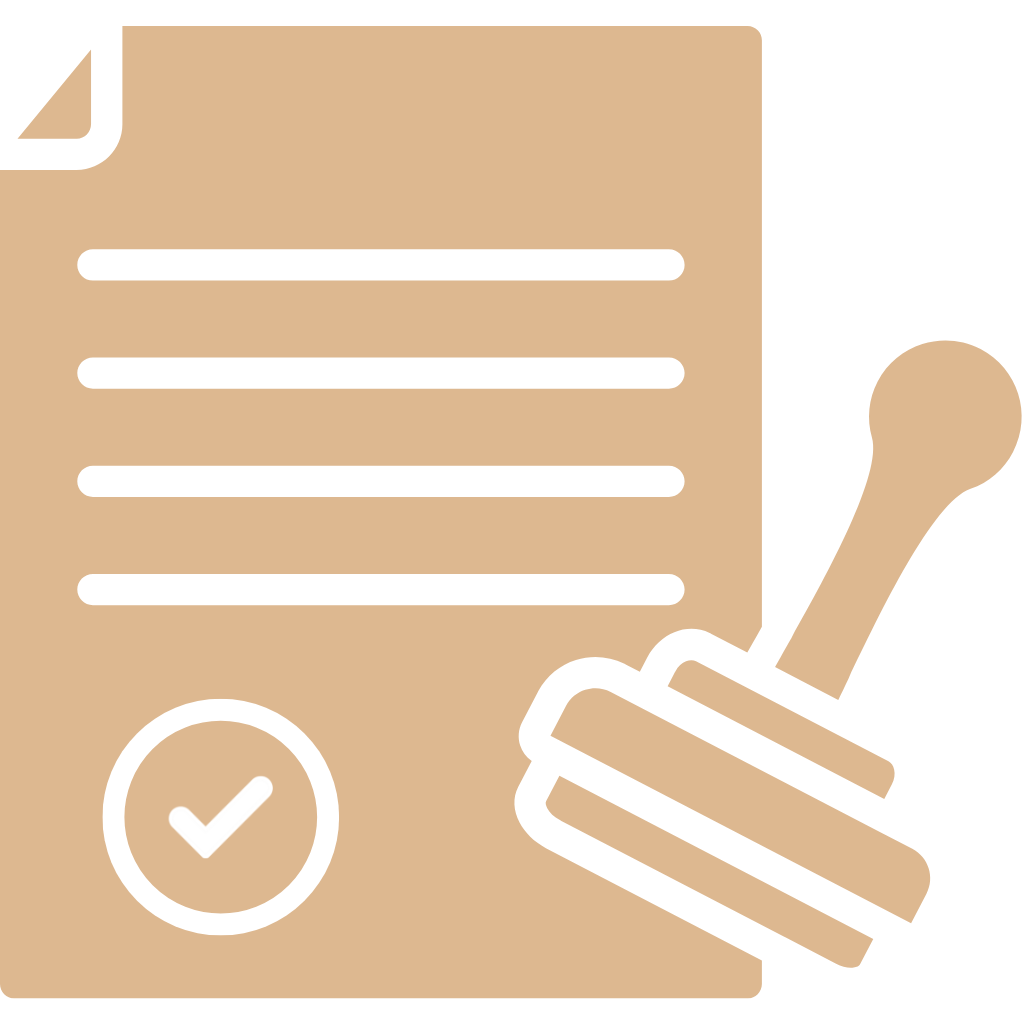
Pre-Approval
You can usually secure pre-approval within a few weeks once documents are submitted—helping you move forward with confidence.
All Our Spanish Mortgage Services

Standard Mortgages
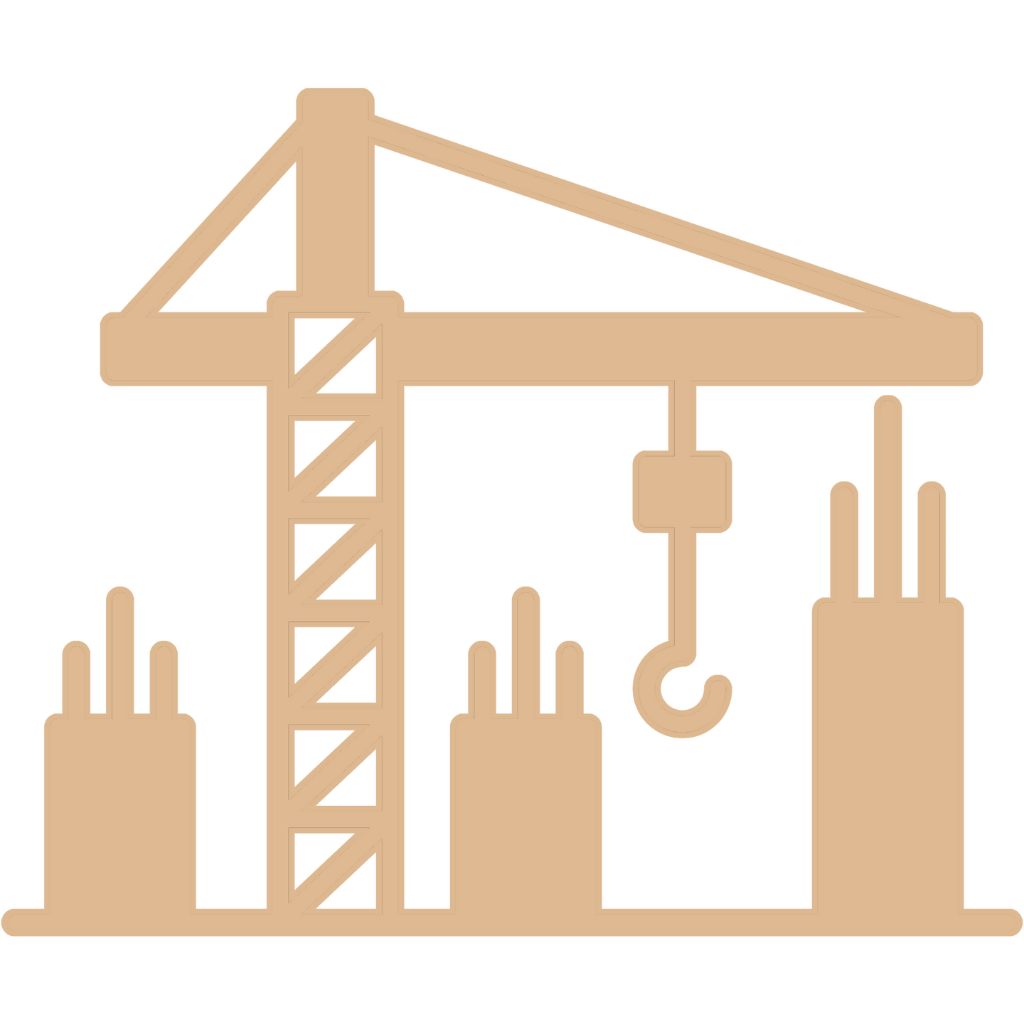
Properties Under Construction

Specialist financing
Documentation for Spanish Mortgage
Understanding what documents you need is key to securing a mortgage in Spain. Below is a breakdown of the main items lenders typically request, depending on your personal and financial situation. Having these ready in advance can help speed up the approval process and avoid delays.
1
Credit History
Lenders will assess your credit report for defaults, missed payments, or outstanding debts that may affect eligibility.
2
Income & Employment
You’ll need to provide payslips, pension statements, or contracts confirming stable income from employment or retirement sources.
3
Passport
A valid passport is required. You may also be asked for a national ID card, resident card, or driving licence.
4
Proof of Residence
Submit utility bills or rental agreements that confirm your current address.
5
Bank Statements & Tax Returns
Include 3 months of bank statements and tax documentation (e.g., P60 or full returns) to show your financial position.
6
Sales Agreement
Provide the signed reservation contract or land registry summary (nota simple) for the property you intend to buy.
7
Insurance
Most banks will require a life insurance policy for the mortgage, but some banks don’t require it.
8
Asset Statement
List your savings, investments, and pensions—plus any rental property income, mortgage statements, or financial holdings.
Your Spanish Mortgage Enquiry
Foreign Exchange & Currency Transfers
As an international buyer, managing currency exchange rates is a crucial consideration when purchasing property in France. Our trusted foreign exchange (FX) partners can help you navigate this challenge by simplifying the process of transferring funds across borders, and allowing you to:
Save up to 3–4%
On currency transfers compared to high street banks
Lock in Favourable Rates
Secure exchange rates in advance for up to 24 months
Receive Tailored Guidance
Access expertise for large property transactions
Get in Touch
Our partnering team is on hand to offer expert guidance tailored to your situation, whether you’re just getting started or ready to move forward.


